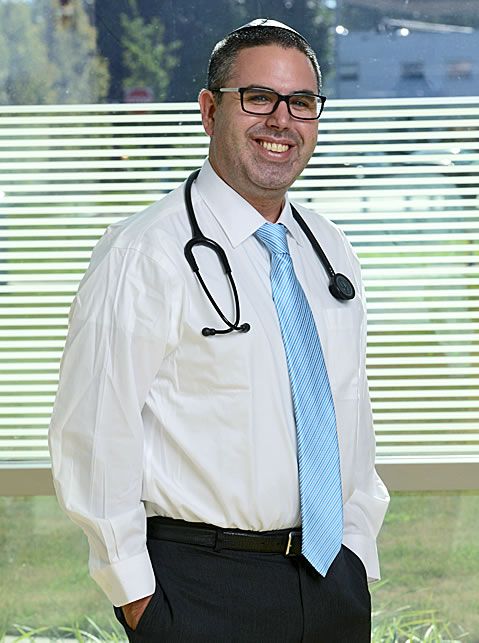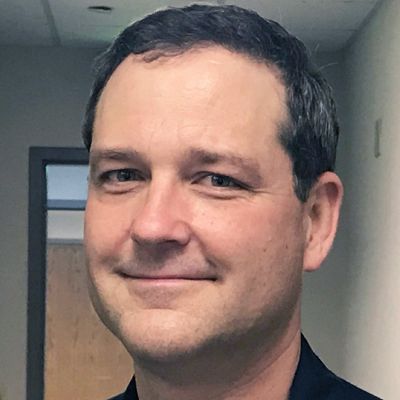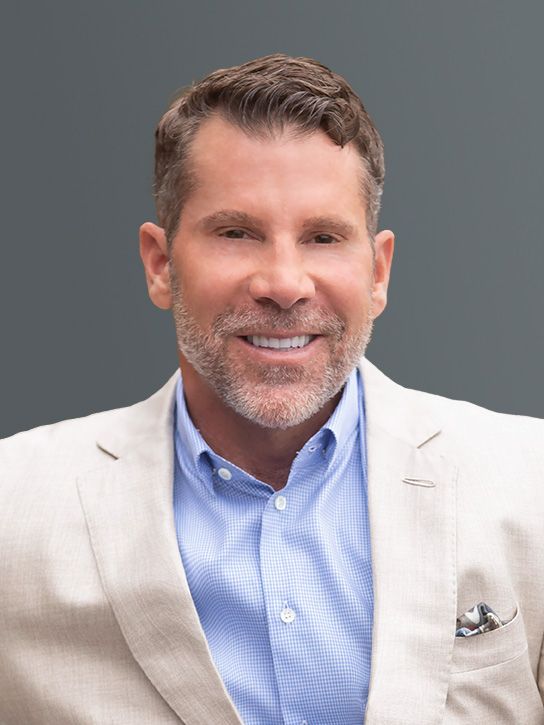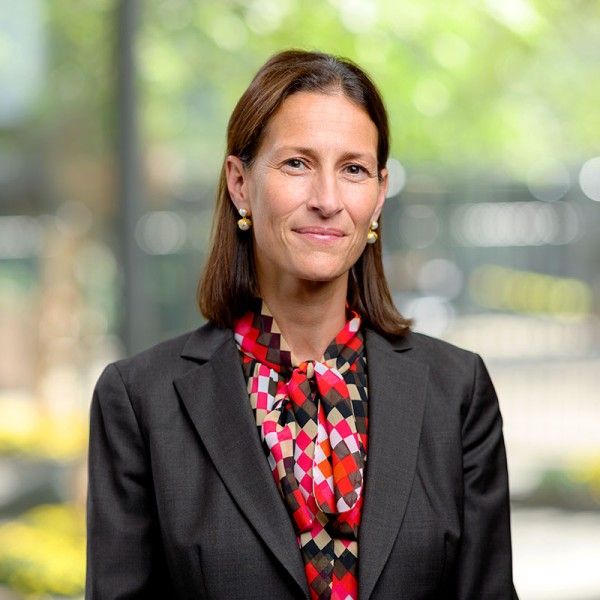- Center on Health Equity & Access
- Clinical
- Health Care Cost
- Health Care Delivery
- Insurance
- Policy
- Technology
- Value-Based Care
Advancing the Art of Medicine Through Partnership
Oncology leaders from Alliance Cancer Specialists, American Oncology Network, CHI St. Vincent, Memorial Sloan Kettering Cancer Center, and New York Cancer & Blood Specialists discussed the power of collaboration in cancer care, highlighting partnerships that enhance patient outcomes and resource sharing in community practices.
A tale of 2 partnerships kicked off day 1 of the 2025 Community Oncology Conference from the Community Oncology Alliance when oncology leaders from hospital- and independent community-based practices came together to extol the benefits of collaboration in cancer care, in a panel discussion moderated by conference cochair Moshe Chasky, MD, FACP, Alliance Cancer Specialists.
“I think it’s important to focus on positive relationships,” he stated, “because there are definitely positive relationships that we are seeing across the country.”
Moshe Chasky, MD, FACP | Image Credit: © Alliance Cancer Specialists

Fred Divers, MD, American Oncology Network, Genesis Cancer and Blood Institute, and another meeting cochair, and John Webb, MD, CHI St. Vincent, emphasized the importance of mutual respect and sharing of resources, while Elizabeth Jewell, MD, MHSc, FACOG, FACS, Memorial Sloan Kettering Cancer Center (MSK), and Jeff Vacirca, MD, FACP, New York Cancer & Blood Specialists (NYCBS), spoke to the gains seen from driving down costs and providing better patient care.
Challenges, benefits, service delivery, resource allocation, being able to constantly evolve, and providing complex patient care were the hot topics in the discussion, “Evolving Successful Hospital & Independent Community Practice Partnerships,” that overall saw the panelists recognize the importance of local decision-making while committing to building and sustaining successful partnerships that benefit patients and health care providers.
“It’s all about the right patient, the right place, the right time, the right treatment,” exclaimed Jewell.
Genesis Cancer and Blood Institute and CHI St. Vincent
The conversation between Divers and Webb, both medical oncologists with a long history in the same community, was about collaboration and the often symbiotic relationship between an independent community oncology center (Genesis) and a hospital system (CHI St. Vincent). Key to a successful partnership, they emphasized, is acknowledging not only the benefits of such a partnership but the inherent complexities as well, and learning from both how to best evolve to meet ever-changing community needs.
Fred Divers, MD | Image Credit: © Genesis Cancer and Blood Institute

CHI St. Vincent is the largest of the hospital system partners that Genesis has worked with, Divers explained, which itself has grown to have extensive reach across many counties in Arkansas—but primarily the central, southern, and western parts of the state. In what he described as a “patient-centric path forward,” Divers underscored the need for strategically allocating resources to fill gaps in patient care on the part of each partner. In one example he highlighted, he explained that radiation oncology was a hospital-based service while PET-CT was provided off site and how this led to a benefit for the hospital’s lung screening program.
“The hospital evolved,” he explained, “to set up a lung screening program, which subsequently benefitted everyone.”
Divers also addressed 2 other top needs, in flexibility and cooperative effort, explaining that there are some services that fit better within and can therefore be better served by an independent practice. On the flip side, Genesis’ practice expansion has benefitted the hospital through increased referrals and support for its radiation center.
John Webb, MD | Image Credit: © CHI St. Vincent

When Webb took over, he highlighted how CHI St. Vincent has been able to evolve from an independent clinic to become part of a large Catholic Health System (CommonSpirit Health), all the while continuing to serve a predominantly rural and underserved area. “That symbiotic relationship,” he noted, “is crucial for success,” echoing Divers’ thoughts on how independent certain functions are better suited for either the hospital system or the community practice.
“There are certain things that a hospital can do in our community better than what Dr Divers’ clinic can do, and vice versa,” he said. “This term, this symbiotic relationship, is absolutely 100% correct.” He explained, too, that medical oncologists need to be not only treating physicians but leaders and liaisons when navigating these relationships, because the relationships require vision and leadership to develop successfully.
Still, they acknowledged the fragility of these strategic partnerships, likening them to a delicate balancing act with immense mutual benefit, respect, and care—and that each market is unique, they underscored, using as an example that CHI St. Vincent in Little Rock operates as a 340B center with a different collaborative dynamic. Chasky agreed with them, noting that although the networks formed through these partnerships offer valuable resources, joining in partnership with a large network does not mean individual practices stop actively managing within their local markets—crucial decisions and cultivation of them remain locally driven.
New York Cancer & Blood Specialists and Memorial Sloan Kettering Cancer Center
“I think all of us in oncology love having a hospital as a partner, and we’re all open to it,” Vacirca said, “because there’s a lot of things that we can’t do, we won’t do, and we’re just not good at.”
Jeff Vacirca, MD, FACP | Image Credit: © New York Cancer & Blood Specialists

Together with Jewell, they reflected on the evolution of their shared care partnership, designed to extend high-quality oncology care beyond the Manhattan campus of MSK through a mission that aligned on the goals of optimizing patient care, improving communication between community (NYCBS) and academic (MSK) providers, and leveraging technology to scale patient-centered solutions.
Jewell began by outlining how MSK’s growth strategy saw it focus on regional expansion while maintaining independence as the health care market around it consolidated. Within 50 miles of its main campus on the Upper East Side of Manhattan, MSK has been able to develop 7 mini regional facilities through which it can provide a full spectrum of cancer care services, enabling 70% of patients to be treated closer to home.
“MSK remains dedicated to being independent, but we are also not naïve to the need for growth,” she said, “and our business model was really infiltration and expansion into the regional networks.” It was the gaps in local surgical testing and inpatient care that prompted MSK to search for trusted community partners, pearls as Jewell called them.
Elizabeth Jewell, MD, MHSc, FACOG, FACS | Image Credit: © Memorial Sloan Kettering Cancer Center

This need was intensified when the COVID-19 pandemic fundamentally altered the provision of care to patients who grew increasingly reluctant to travel into Manhattan. MSK met this challenge by creating a virtual network of 29 affiliated hospitals across New York and New Jersey, with a lynchpin in this effort being its Shared Care Model for which physician buy-in was essential. This liaison team helped facilitate real-time communication between MSK specialists and community providers, like NYCBS.
Here, Vacirca joined in to emphasize how the partnership grew from a simple hospitalist coverage model to an integrated system built on trust and measurable outcomes. Three important factors have contributed to this success and mutual growth, he added, with no extra full-time staff needed: daily communication, shared clinical data, and reciprocal respect. NYCBS’ team now manages an average of 60 MSK patients each night.
“We are a far better practice, looking back over these almost 7 years,” Vacirca said
The organizations have both committed to transparency and continuous improvement, with monthly meetings that review outcomes, risks, and negative happenings to identify system-level fixes so they can seamlessly coordinate cancer care. Their dedication to quality care is also seen in their ultimate goal of providing the best experience for their shared care patients and to believing that human connection should remain central.
Together, they have created a scalable and sustainable blueprint for regional cancer care that prioritizes not only innovation but compassion.
The Power of Shared Vision
Effective health care delivery models hinge on cultivating strong relationships with a consistent focus on community accessibility to ensure that quality care reaches those who need it most. Continuous adaptation and a strategic awareness of organizational strengths and weaknesses are vital for navigating the evolving health care landscape. Ultimately, all efforts should be directed toward patient-centered care, emphasizing efficiency and optimal outcomes through a dynamic and collaborative approach.
